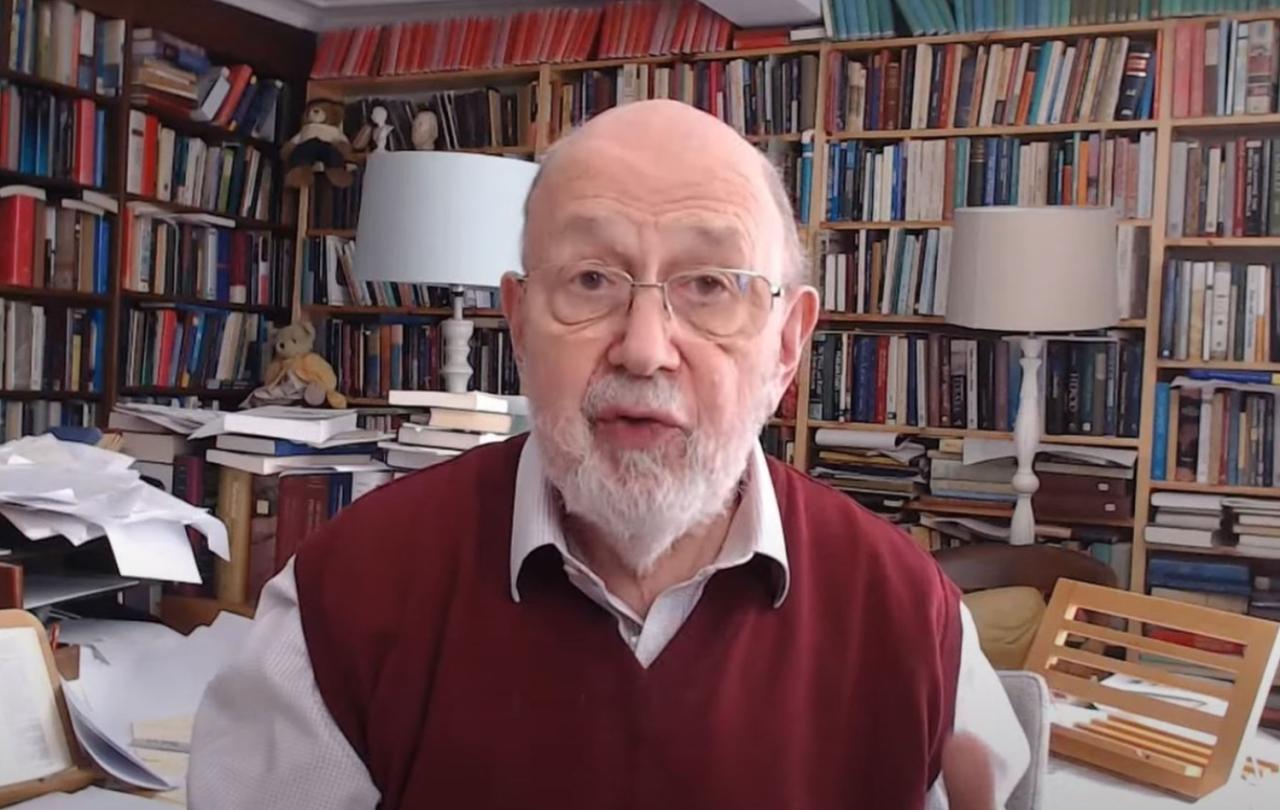In the Gospels, Jesus is asked why his disciples don’t fast (like some others do). He responds: “The wedding guests cannot fast when the bridegroom is with them, can they?” At the end of the Bible, in the book of Revelation, were learn who it is that Jesus is marrying: “the bride … the holy Jerusalem,” a city filled with Jesus’ followers. This is whom Jesus is set to marry.
Human marriage points to, and is grounded in, this marriage between Christ and those whom Jesus loves. It is not a literal marriage (lest we wade into some very sticky theological territory). We are not to understand this marriage in the same terms as a human marriage. Rather, we are to understand human marriage with reference to this marriage between Jesus and the ones He loves.
All this is to say that marriage is intrinsically meaningless. (NB. To my wife: please keep reading). This isn’t to say marriage is meaningless. Instead, I mean that marriage is not done for marriage’s sake; it points to something outside of itself and, in doing so, marriage finds its meaning. It has, in other words, extrinsic rather than intrinsic meaning. Marriage is grounded in something outside of marriage: Jesus’ love for the church.
And so, when clergy get a little frustrated when they perceive photographers and videographers to be introducing upon marriage services, I get it. None of this is to say that aggression from clergy towards people doing their job is ever warranted. It’s not; there’s never an excuse for that. But, for clergy, the frustration underpinning this emerges (I hope) from a perceived lack of respect towards what is really happening in the marriage service.
In the moment of wedding two people to each other, the marriage service points towards Jesus’ love for His Church; and that simply can’t be captured by the photographer. Something more important than any picture is happening here. The people exchanging vows are being made into a living embodiment of Jesus’ love for the church.
Of course, it is not only in marriage that Jesus’ love is displayed. Jesus himself wasn’t married. It’s likely the apostle Paul wasn’t either. They both did a decent job at embodying the love of God (even if Paul did so in a slightly shouty way from time to time). None of this is to say that marriage is the only way where Jesus’ love is displayed in human lives.
Let’s return, for example, to the dispute between clergy and wedding photographers. Sure, some photographers might intrude upon wedding services in ways that downplay the magnitude of what’s happening. However, to respond with aggression and abuse is a bigger afront to the love of God from members of clergy who really ought to know better. Instead, clergy might consider such moments an opportunity to display and embody the very love that the marriage service itself seeks to point towards.
The love of Jesus is only detracted from, and not embodied, when clergy begin to overreact to those employed by the (human) bride and groom to capture the events of the day. There may well be ways in which clergy, photographers, and videographers can work together to better preserve and capture the sacred nature of what is being pointed towards in the marriage service. This cooperation will always be a better embodiment of Jesus’ love for the church than any needless antagonism.
Clergy would also do well to remember that photographers can use photoshop. Upset them at your peril.

